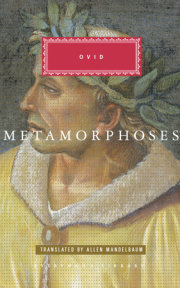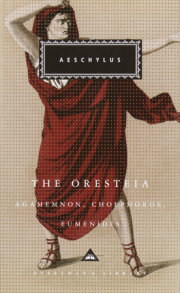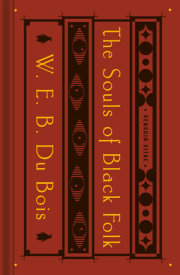

The Souls of Black Folk is both a groundbreaking work of sociology and an influential cornerstone of African-American literature. From the moment it was published in 1903, this unique and stirring blend of history, essay, fiction, and memoir set the terms of the conversation about race in America and established W. E. B. Du Bois’s enduring reputation as poet, prophet, and scholar.
Du Bois famously named “the problem of the color line” that still haunts us today and diagnosed the “double consciousness” of a people forced to live behind a veil. In raising that veil, his book makes an impassioned claim for the power and potential of black culture, the accomplishments of its art, the depths of its spirituality, and its capacity for grandeur in thought and expression. With the lyricism of his prose and the ease with which he moves from the immediacy of journalism and sociology to the permanence of literature, Du Bois transforms a profound historical dilemma into the matter of art. But more importantly, by tracing the tragic past that led to the inequities of the present, he outlined the way forward in the struggle for freedom. It is a testament to his prescience that after more than a century his masterpiece retains its relevance and uncompromising power.
The Souls of Black Folk is both a groundbreaking work of sociology and an influential cornerstone of African-American literature. From the moment it was published in 1903, this unique and stirring blend of history, essay, fiction, and memoir set the terms of the conversation about race in America and established W. E. B. Du Bois’s enduring reputation as poet, prophet, and scholar.
Du Bois famously named “the problem of the color line” that still haunts us today and diagnosed the “double consciousness” of a people forced to live behind a veil. In raising that veil, his book makes an impassioned claim for the power and potential of black culture, the accomplishments of its art, the depths of its spirituality, and its capacity for grandeur in thought and expression. With the lyricism of his prose and the ease with which he moves from the immediacy of journalism and sociology to the permanence of literature, Du Bois transforms a profound historical dilemma into the matter of art. But more importantly, by tracing the tragic past that led to the inequities of the present, he outlined the way forward in the struggle for freedom. It is a testament to his prescience that after more than a century his masterpiece retains its relevance and uncompromising power.
Our mission is to foster a universal passion for reading by partnering with authors to help create stories and communicate ideas that inform, entertain, and inspire.





























































































